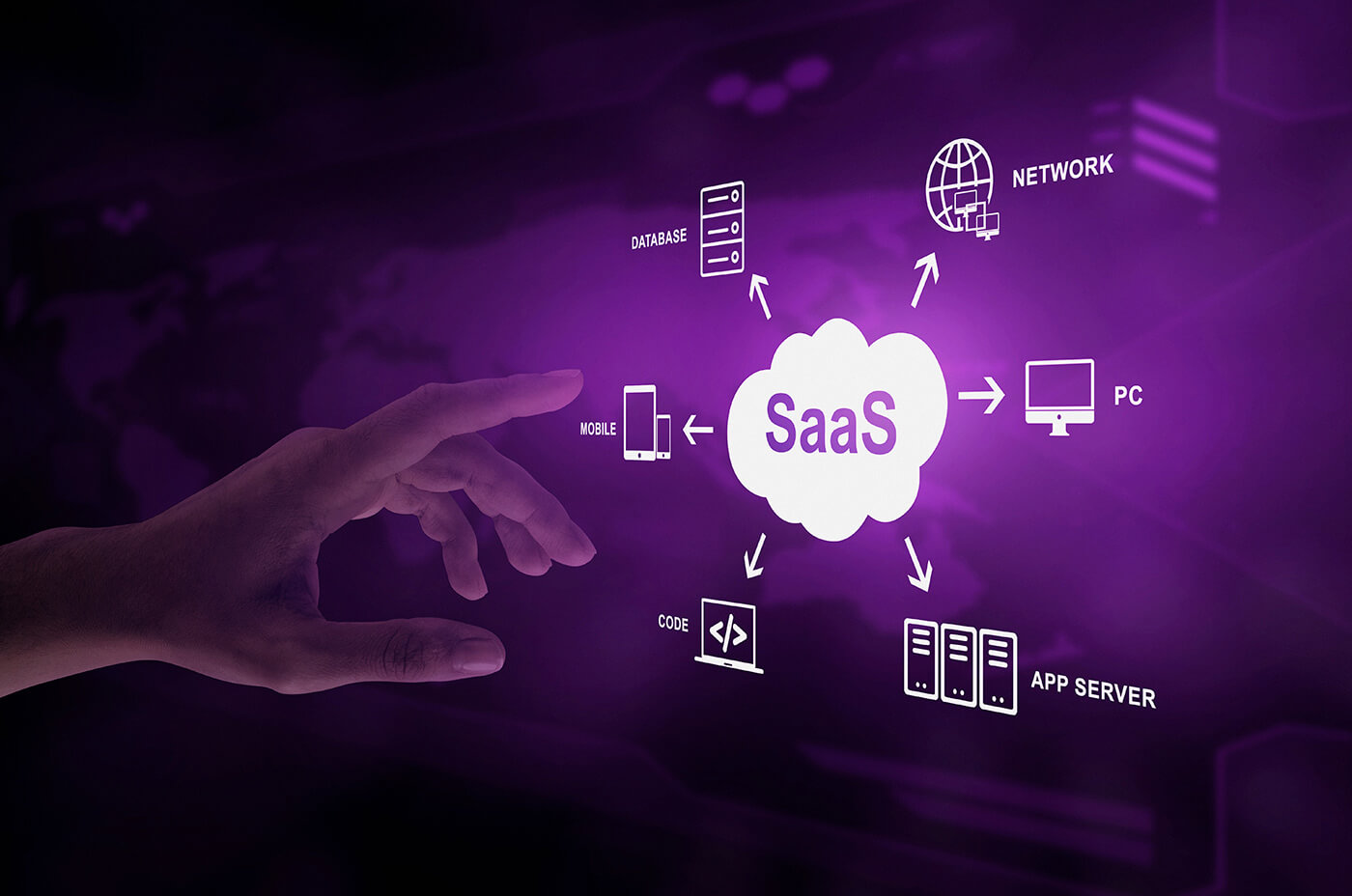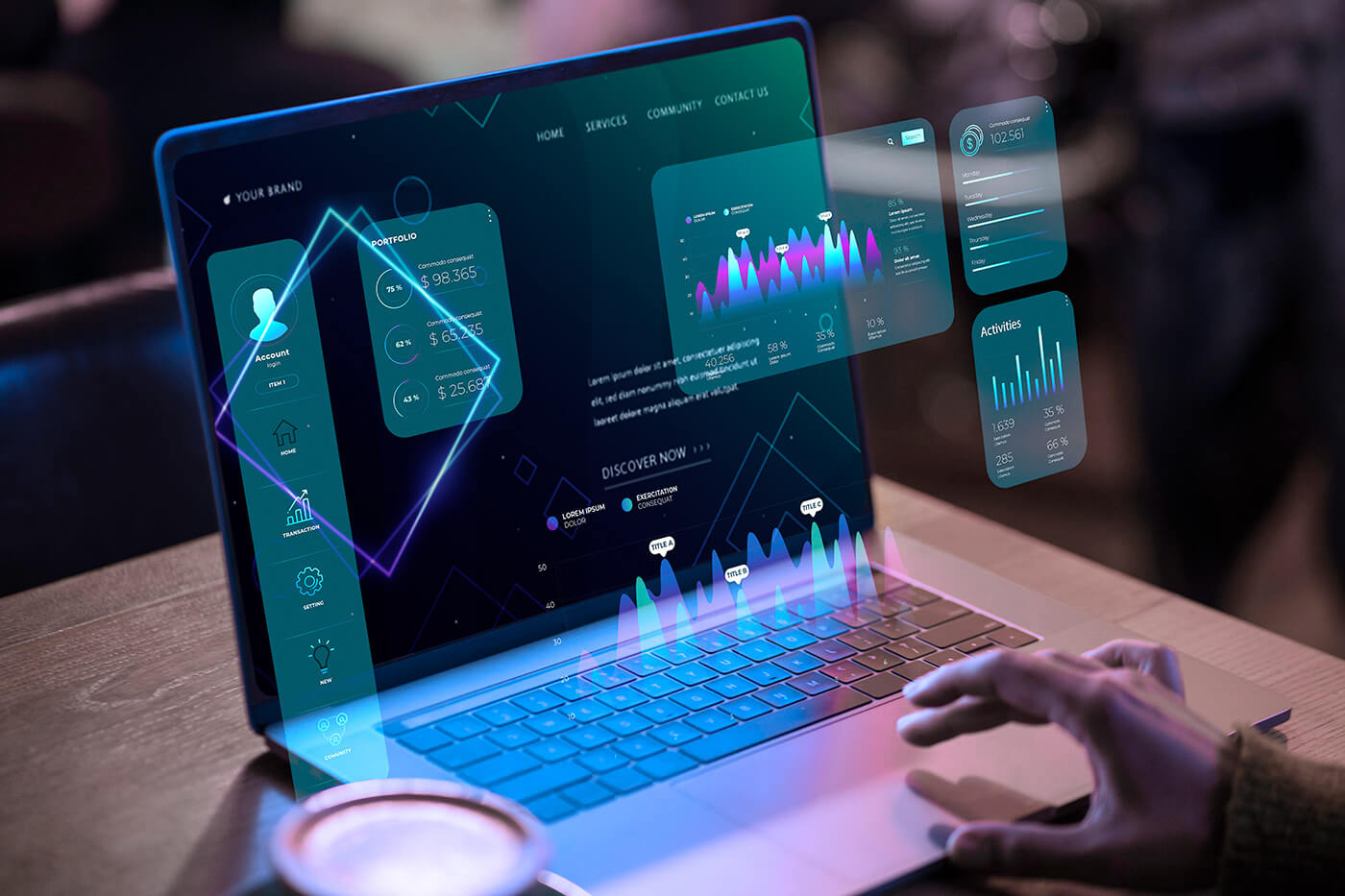Step 1: Clarify the Problem You're Solving
Start by asking the hard questions:
- What pain point are you addressing?
- Who is experiencing it?
- How are they solving it today?
Talk to at least 10–20 potential users. Validate their need. Look for patterns. Your goal at this stage isn’t to code — it’s to listen.

Step 2: Define Core Features Only
What’s the one thing your product absolutely must do to provide value?
This becomes your MVP’s core feature. Everything else — notifications, integrations, settings panels — can wait.
Famous MVPs:
- Dropbox: A demo video
- Airbnb: A landing page + photos of their apartment
- Instagram: Photo sharing with filters (that’s it!)
Step 3: Sketch Out the User Journey
Once your core feature is clear, map how users will interact with it.
- What happens when they land?
- What’s the first action?
- What’s the success state?
Use simple wireframes or Miro boards. This phase isn’t about design — it’s about flow.
Step 4: Choose the Right Tech Stack
Your stack depends on:
- Budget
- Timeline
- Team experience
For simple MVPs, no-code tools (like Bubble or Webflow) might do the job. For secure, scalable platforms or unique business logic — custom development is your best bet.
At DevHired, we help founders evaluate and choose the right tools — and avoid overengineering their MVP for SaaS startups.

Step 5: Build With Iteration in Mind
We use agile sprints to ship early and often.
- Weekly check-ins
- Prioritized task boards
- Constant feedback loops
This reduces risk, saves money, and keeps the product aligned with user needs.
Step 6: Test and Gather Feedback Fast
Launch doesn’t mean you’re done — it means you’re ready to learn.
Use tools like:
- Google Analytics
- PostHog / Hotjar
- Intercom for live feedback
Track what users do, not just what they say. Fix bugs. Improve flows.
Step 7: Plan for What Comes After
Your MVP should help answer:
- Will users pay for this?
- Do we have traction worth funding?
- What do we build next?
Have a post-launch roadmap ready. Keep iterating

Conclusion
Building your MVP is about speed, focus, and validation. It's not about cramming in every idea. It's about launching lean and learning fast.
If you're planning your first MVP — or stuck trying to define what it should be — we’d love to help.
Schedule a free MVP consult with our DevHired team.



